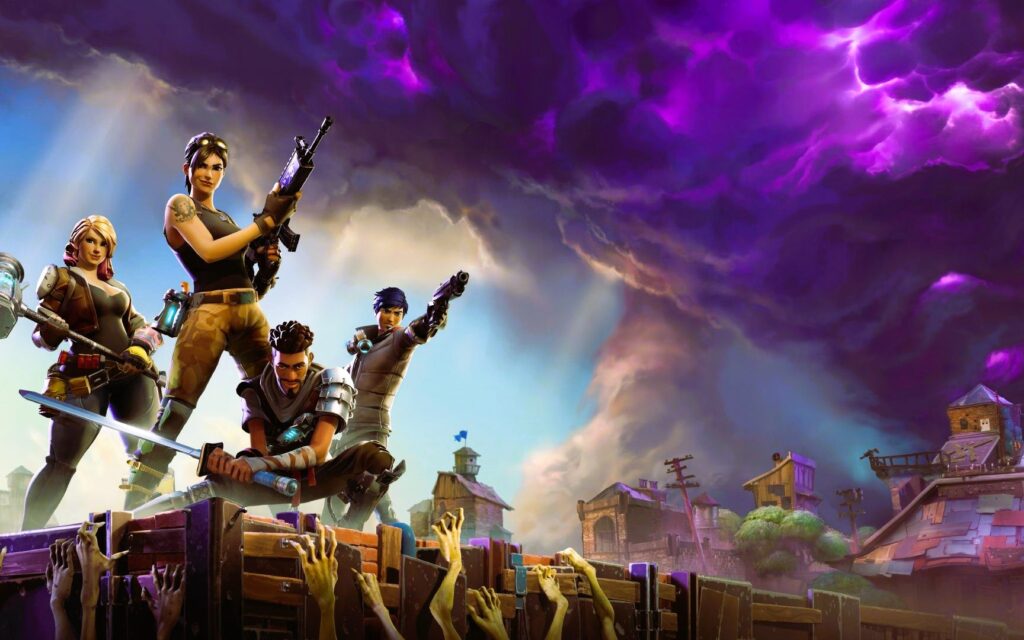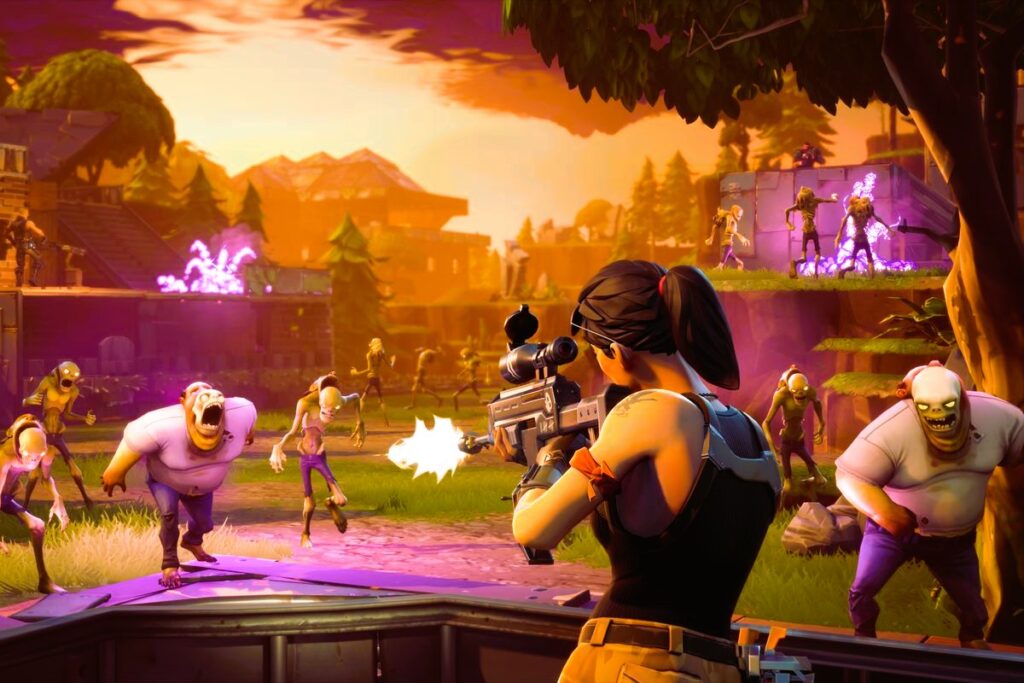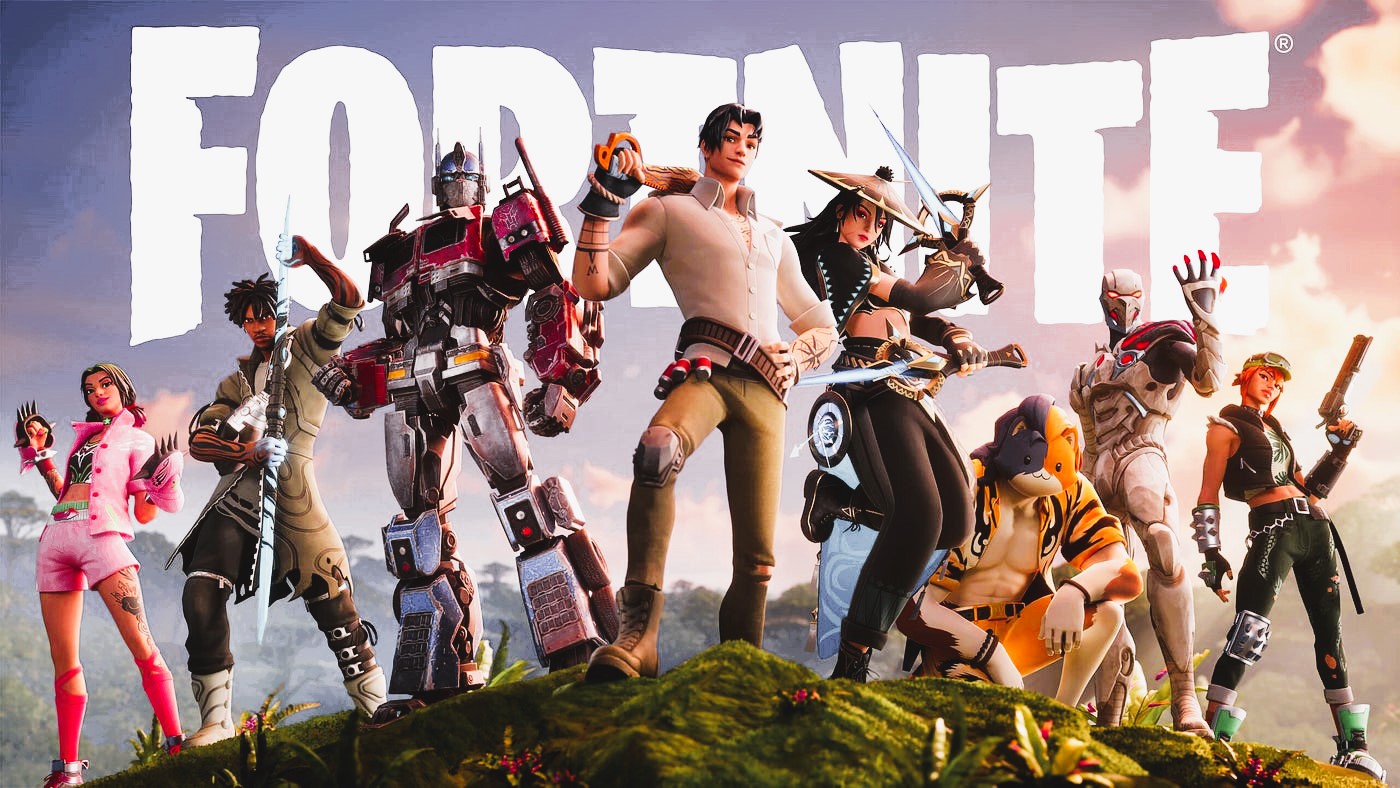In the ever-evolving landscape of video games, few phenomena have captured the attention of gamers and non-gamers alike quite like Fortnite. Developed by Epic Games and first released in 2017, Fortnite quickly became a cultural juggernaut, transforming the gaming industry and leaving an indelible mark on popular culture. In this article, we’ll explore the rise of Fortnite, its impact on gaming and beyond, and the enduring legacy of the battle royale genre.
The Birth of Fortnite
Fortnite began as a cooperative survival game, with players teaming up to fend off hordes of zombie-like creatures while scavenging for resources and building fortifications to defend against the encroaching horde. However, it was the addition of a free-to-play battle royale mode in September 2017 that catapulted Fortnite to global fame.
Inspired by the success of games like PlayerUnknown’s Battlegrounds (PUBG), Fortnite Battle Royale dropped 100 players onto an island where they battled to be the last one standing. With its colorful art style, fast-paced gameplay, and unique building mechanics, Fortnite quickly stood out from the competition, attracting millions of players and cementing its status as a cultural phenomenon.

The Rise of Battle Royale Gaming
Fortnite’s success paved the way for the rise of the battle royale genre, which quickly became one of the most popular and lucrative genres in gaming. Games like Apex Legends, Call of Duty: Warzone, and PUBG followed in Fortnite’s footsteps, offering their own take on the battle royale formula and attracting massive audiences in the process.
The appeal of battle royale gaming lies in its combination of skill-based combat, strategic gameplay, and unpredictable outcomes. With its large player counts, dynamic environments, and ever-shrinking play area, battle royale games offer a level of excitement and tension that is unmatched in other genres, keeping players coming back for more time and time again.
Cultural Impact and Global Phenomenon
Fortnite’s impact extends far beyond the world of gaming, permeating popular culture and influencing everything from fashion and music to film and television. The game’s iconic dances, like the “Floss” and the “Orange Justice,” have become viral sensations, inspiring countless memes and dance challenges on social media. Read our article about understanding the language of film reviews.
Moreover, Fortnite has become a platform for virtual events and concerts, with artists like Travis Scott and Marshmello performing live concerts within the game’s virtual world. These events have drawn millions of viewers and further solidified Fortnite’s status as a cultural phenomenon with global reach.
The Future of Fortnite
Despite facing competition from other battle royale games and ongoing challenges related to game balance and community management, Fortnite continues to thrive as one of the most popular and influential games in the world. With regular updates, seasonal events, and collaborations with brands like Marvel and Star Wars, Epic Games has kept Fortnite fresh and exciting for its dedicated community of players.

Looking ahead, the future of Fortnite appears bright, with Epic Games continuing to innovate and expand the game’s universe through new features, modes, and experiences. Whether it’s exploring the ever-changing island of Fortnite, competing in tournaments and events, or simply hanging out with friends in the game’s virtual world, players can expect plenty of excitement and surprises in the years to come.
Conclusion: A Cultural Phenomenon
In conclusion, Fortnite’s meteoric rise from a niche survival game to a global cultural phenomenon is a testament to the power of gaming to bring people together, inspire creativity, and shape popular culture. With its colorful world, addictive gameplay, and unparalleled cultural impact, Fortnite has left an indelible mark on the world of gaming and beyond, ushering in a new era of battle royale gaming and redefining the boundaries of what a video game can be.
For more information on Fortnite and its impact, visit IGN.

